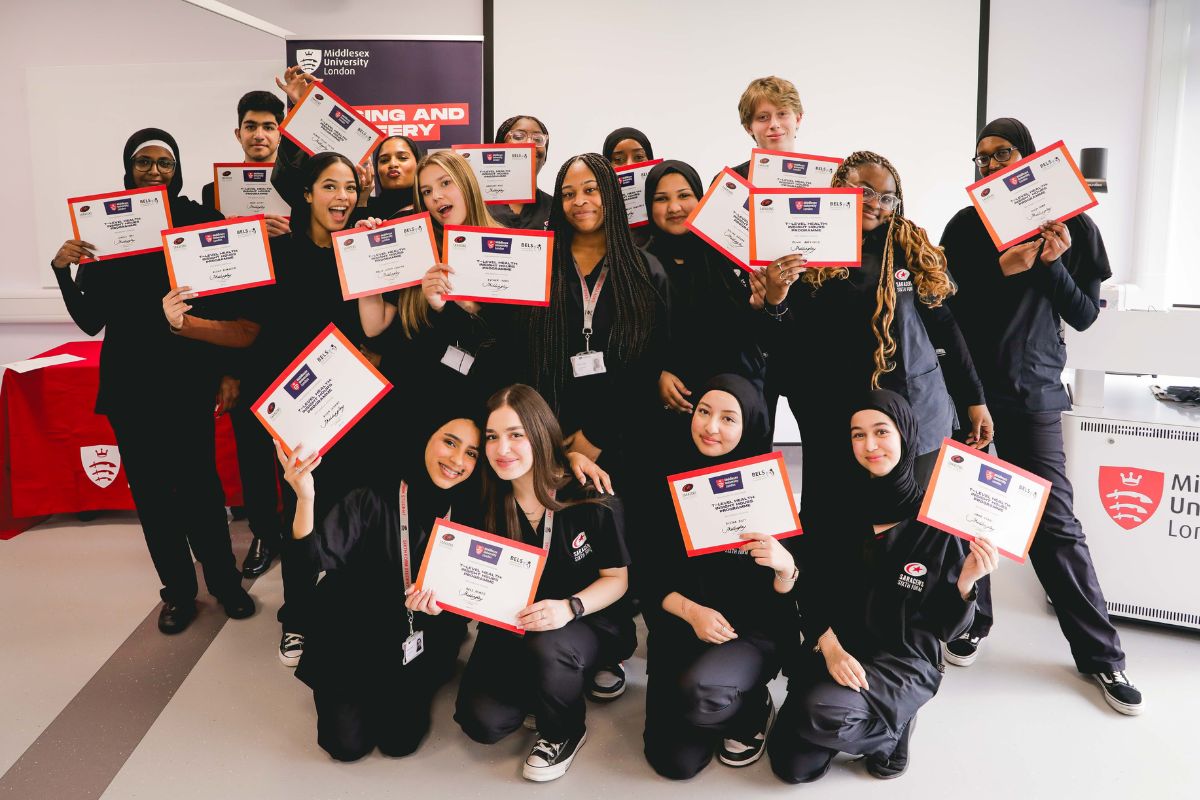What can we learn from Finland?

A Finnish Education
No inspections, no tests, no uniforms and no fees. A valued teaching profession, shorter school days and starting school at seven. Do all these elements add-up to a world-leading education system? In Finland, it appears they do.
Finland has consistently ranked highly in the PISA tables. Held every three years, the Programme for International Student Assessment (PISA) survey evaluates education systems worldwide by testing the skills and knowledge of 15-year-old students.
How do the UK’s PISA rankings compare? Well, the results speak for themselves:
| UK ranking | Finland ranking | |
|---|---|---|
|
Reading Maths Science |
22nd 27th 15th |
4th 13th 5th |
PISA Rankings 2015 (Source)
Distance learning… the Finnish way
At the NEC we deliver a wide range of GCSE and A Level distance learning courses. To deliver national qualifications effectively, compliance with the wider UK education system is a necessity. However, working outside the school system does give us a certain freedom to innovate to create the best learning experience for our students.
By looking at the educational systems of other countries, we draw on ideas and best practice to inform the ‘NEC approach’. Finland offers plenty of food for thought…
Flexibility
We support a diverse range of students. Our courses must have the flexibility to suit a wide range of audiences – from those gaining qualifications for career progression, to pupils being home-schooled or individuals re-training in the armed forces.
Flexibility is key to the Finnish approach. Children don’t enter compulsory schooling until the age of seven. Once in school, the Finnish learning day is much shorter (four hours). Homework is also minimal, because Finnish parents trust that teachers cover enough during the school day – making home a space for children to enjoy other interests and family time.
A focused, time-efficient approach is a necessity for distance learners, who often juggle studying with work and family commitments. For those choosing to home-school, having the flexibility to balance learning with family time – as in Finland – is often seen as a real positive.
Innovation
As a distance learning provider, innovation is part of our DNA. It helps us to ensure that NEC students have the same opportunity to succeed, as those learning in a face-to-face environment.
In Finland, experimentation and change in education is actively encouraged. The Finnish listen to and act upon new research. In fact, Finnish teachers often establish mini-labs to test different styles of teaching. They then keep what works and discard the ideas that don’t.
For distance learning, this pro-active, experimental approach could bring exciting progress – as technology opens up new ways for us to communicate and educate at a distance.
Support
At the NEC, we are committed to going ‘above and beyond’ to support the learning experience of our students. We structure our resources so that from course administration through to academic delivery – quality support is available. We also have robust quality assurance processes to monitor and evolve how our students experience support.
Placing priority on pupil support is a key aspect of Finland’s approach. With smaller schools than in the UK, Finnish teachers have the time and attitude to focus on going the extra mile to support students when they need it.
Equality
At the NEC, we champion the right to access learning regardless of age, background, culture or circumstance. It is interesting to note that equality is also fundamental to Finland’s education system.
With no standardised testing or streaming by ability, the Finnish focus on learning – not competition, rankings or league tables. All Finnish schools work toward the same national goals, with equal access to one talent pool of teachers. The impact of equality in education is highlighted by the fact that, in Finland, the difference between the weakest and strongest students is the smallest in the world (source: OECD).
As a distance learning provider, it is inspiring to see how equality of access and experience can lead to outstanding results.












Responses